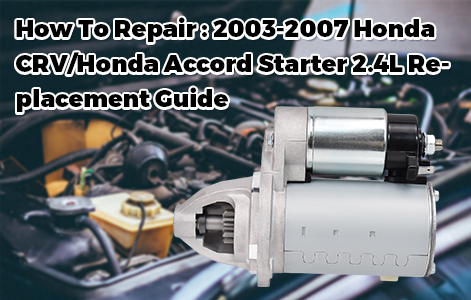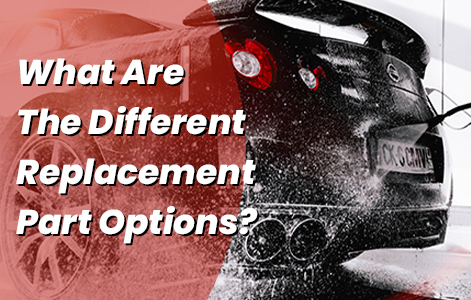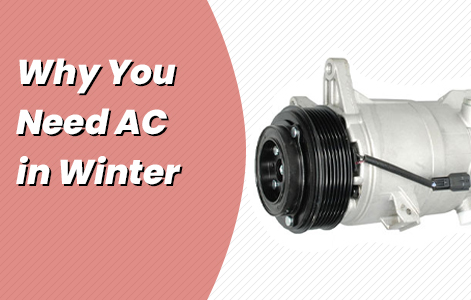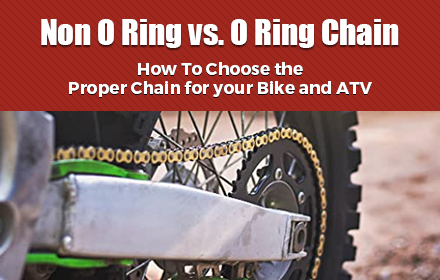What Is PTO On A Lawn Mower
The lawnmower clutch, also known as power takeoff clutch (PTO), is an important mower part of lawn mowers or riding tractors. The electric clutch helps to transfer engine power to the drive train. The clutch connects two drive shafts and is controlled by a toggle switch. In a word, the PTO function is what engages the mower blades of the lawn tractor. Many lawn tractors, particularly John Deere riding mowers, use a PTO clutch.
Types of PTO Clutches
The common two types of pto clutches are mechanical or electromagnetic PTO clutches.
Mechanical PTO Clutch: Uses a lever or cable system to engage and disengage power. It's typically found in older equipment.
Electric PTO Clutch: Operates with an electric coil and solenoid, making it more precise and efficient. Most modern tractors use this system.

Key Components of a PTO Clutch
Here are some of the key components to we should know:
Pulley - Transfers power from the engine to the belt system
Coil - Generates a magnetic field to engage the clutch
Bearing - Reduces friction and helps the pulley rotate smoothly
Brake System - Stops the spinning of the blades when disengaged
A lawn tractor PTO clutch consists of several parts, each playing a critical role. When any of these components wear out, the entire clutch system can fail which can lead to poor performance and costly repairs.
Signs Your PTO Clutch Needs Maintenance
Ignoring early warning signs leads to expensive failures. If you notice any of these issues, it's time for PTO clutch troubleshooting and maintenance.
Grinding, squealing, or rattling could mean a worn-out bearing or loose components
If blades don't start immediately or lose power, belt tension or internal wear might be the problem
Overheating shortens the clutch's life and often points to friction or electrical issues
A weak or non-responsive clutch could stem from faulty wiring, a bad ground connection, or a failing solenoid
Look for frayed wires, worn brake rivets, or damaged bearings that signal replacement is needed.
Regular PTO Clutch Maintenance Routine
Routine maintenance prevents breakdowns and extends the clutch lifespan. Sticking to a maintenance checklist ensures nothing gets overlooked.
1. Clean Out Debris
Dirt, grass clippings, and oil buildup create excess heat and friction. Removing this buildup reduces unnecessary wear.
2. Inspect Belt Tension and Alignment
A loose or misaligned belt puts stress on the PTO clutch. Check for proper tension and alignment to avoid unnecessary strain.
3. Lubricate Bearings (If Applicable)
Some clutches have grease fittings, while others use sealed bearings. If lubrication is needed, use high-temperature grease to reduce wear.
4. Tighten Bolts and Fasteners
Vibration causes bolts to loosen over time. Securing them prevents unnecessary movement that leads to component failure.
5. Test Electrical Connections
Corrosion or loose wires can cause engagement failure. Checking voltage and cleaning contacts ensures reliable operation.
6. Clean The Clutch In Regular
Most clutches are not repairable. If the clutch is defective, you must replace it. So we recommend cleaning the clutch every 20 hours to extend its service life and smoother clutching for less wear and tear on your equipment.
How Do I Make Sure The Power Take Off Clutch Fits My Lawn Tractor?
Firstly please confirm whether the OEM part number and the lawn tractor model are consistent with yours from our product description. Then Please confirm the parameter of the electric clutch especially crankshaft OD, Rotation and torque.
Related Reading:
Maxmotosports Electric PTO Clutch Installation Instructions
Hope you can benefit from this guide on how to extend your clutch's lifespan, prevent common failures, and keep your outdoor power equipment working smoothly. These tips can save you cost and keep you cutting without interruptions, let your garden neat and tidy.




